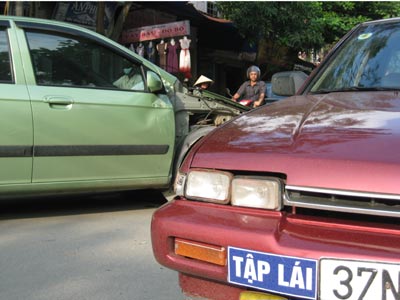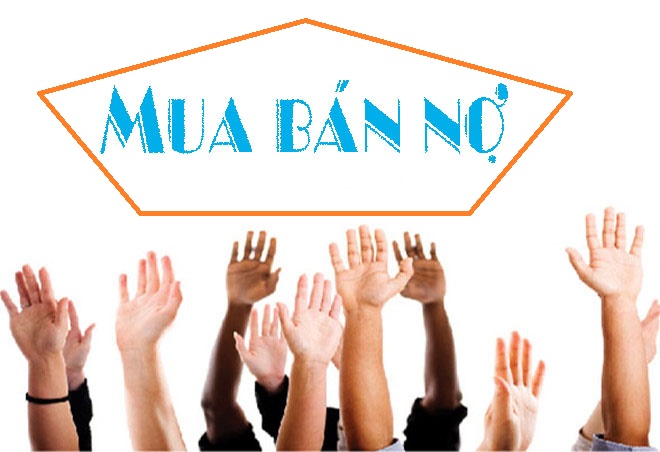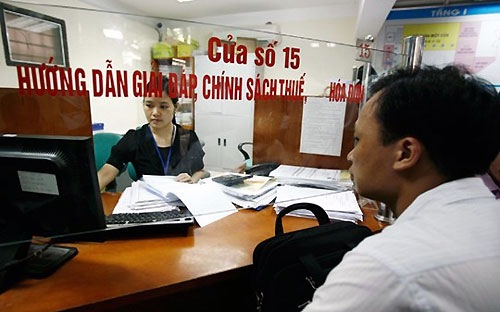What are the regulations on sole proprietorships in Vietnam? - Minh Thi (HCMC, Vietnam)

06 things you should know about sole proprietorships in Vietnam (Internet image)
1. What is a sole proprietorships?
Article 188 of the Law on Enterprises 2020 provides for private enterprises as follows:
- A sole proprietorship is an enterprise owned by a single individual whose liability for its entire operation is equal to his/her total assets.
- A sole proprietorship must not issue any kind of securities.
- An individual may only establish one sole proprietorship.
The owner of a sole proprietorship must not concurrently own a household business or hold the position of general partner of a partnership.
- A sole proprietorship must not contribute capital upon establishment or purchase shares or stakes of partnerships, limited liability companies or joint stock companies.
2. Capital of sole proprietorships in Vietnam
Pursuant to Article 189 of the Law on Enterprises 2020, the capital of sole proprietorships is as follows:
- The capital of a sole proprietorship shall be registered by its owner. The sole proprietorship’s owner shall register the accurate amounts of capital in VND, convertible currencies, gold and other assets, types and quantities of assets.
- All the capital, including loans and leased assets serving the sole proprietorship’s operation, shall be fully recorded in its accounting books and financial statements as prescribed by law.
- During its operation, the sole proprietorship’s owner is entitled to increase or decrease its capital. The increases and decreases in capital shall be fully recorded in accounting books. In case the capital is decreased below the registered capital, the decrease may only be made after it has been registered with the business registration authority.
3. Administration of sole proprietorships in Vietnam
Article 190 of the Law on Enterprises 2020 stipulates administration of sole proprietorships as follows:
- The sole proprietorship’s owner has total authority to decide all of its business activities, use of post-tax profit and fulfillment of other financial obligations as prescribed by law.
- The owner may directly or hire another person to hold the position of Director/General Director. In case of an hired Director/General Director, the owner is still responsible for every business activity of the enterprise.
- The sole proprietorship’s owner is its legal representative who will represent it during civil proceedings, as the plaintiff, defendant or person with relevant interests and duties before the court and arbitral tribunals, and in performance of other rights and obligations prescribed by law.
4. Leasing out a sole proprietorship in Vietnam
Article 191 of the Law on Enterprises 2020 stipulates leasing out a sole proprietorship as follows:
The sole proprietorship’s owner is entitled to lease out the entire sole proprietorship, provided a written notification and certified true copies of the lease contract are submitted to the business registration authority and tax authority within 03 working days from the effective date of the contract.
During the lease term, the sole proprietorship’s owner is still legally responsible as its owner.
The rights and obligations of the owner and the lessee to the sole proprietorship’s business operation shall be specified in the lease contract.
5. Regulations on selling a sole proprietorship in Vietnam
Article 192 of the Law on Enterprises 2020 stipulates regulationso on selling a sole proprietorshipas follows:
- The sole proprietorship’s owner is entitled to sell it to another organization or individual.
- After selling the sole proprietorship, the owner is still responsible for its debts and liabilities that occur before the date of transfer, unless otherwise agreed upon by the owner, the buyer and the creditors.
- The sole proprietorship’s owner and the buyer shall comply with labor laws.
- The buyer of the sole proprietorship shall register the change of owner in accordance with this Law.
-. The exercise of the rights of private business owners in some special cases
6. Exercising the owner’s rights in special cases in Vietnam
Article 193 of the Law on Enterprises 2020 stipulates regulations on exercising the owner’s rights in special cases as follows:
- In case the sole proprietorship’s owner is detained, serving an imprisonment sentence, serving an administrative penalty in a correctional institution or rehabilitation center, he/she shall authorize another person to perform his/her rights and obligations.
- In case the owner dies, this/her hair or one of the legal heirs or designated heirs shall be the owner under an agreement among the heirs. In case such an agreement cannot be reached, the sole proprietorship shall be converted into a company or dissolved.
- In case of the owner dies without an heir or the heir refuses the inheritance or is disinherited, the owner’s assets shall be handled in accordance with civil laws.
- In case owner is incapacitated, has limited legal capacity or has difficulty controlling his/her behaviors, his/her rights and obligations shall be performed through his/her representative.
- In case the sole proprietorship’s owner is banned by the court to do certain jobs in the enterprise’s business lines, the owner shall suspend or stop doing business in the relevant business lines shall be suspended or stopped or transfer the sole proprietorship to another organization or individual.
Ngoc Nhi
- Key word:
- sole proprietorships in Vietnam
 Article table of contents
Article table of contents






.Medium.png)
.Medium.png)
.Medium.png)
.Medium.png)
